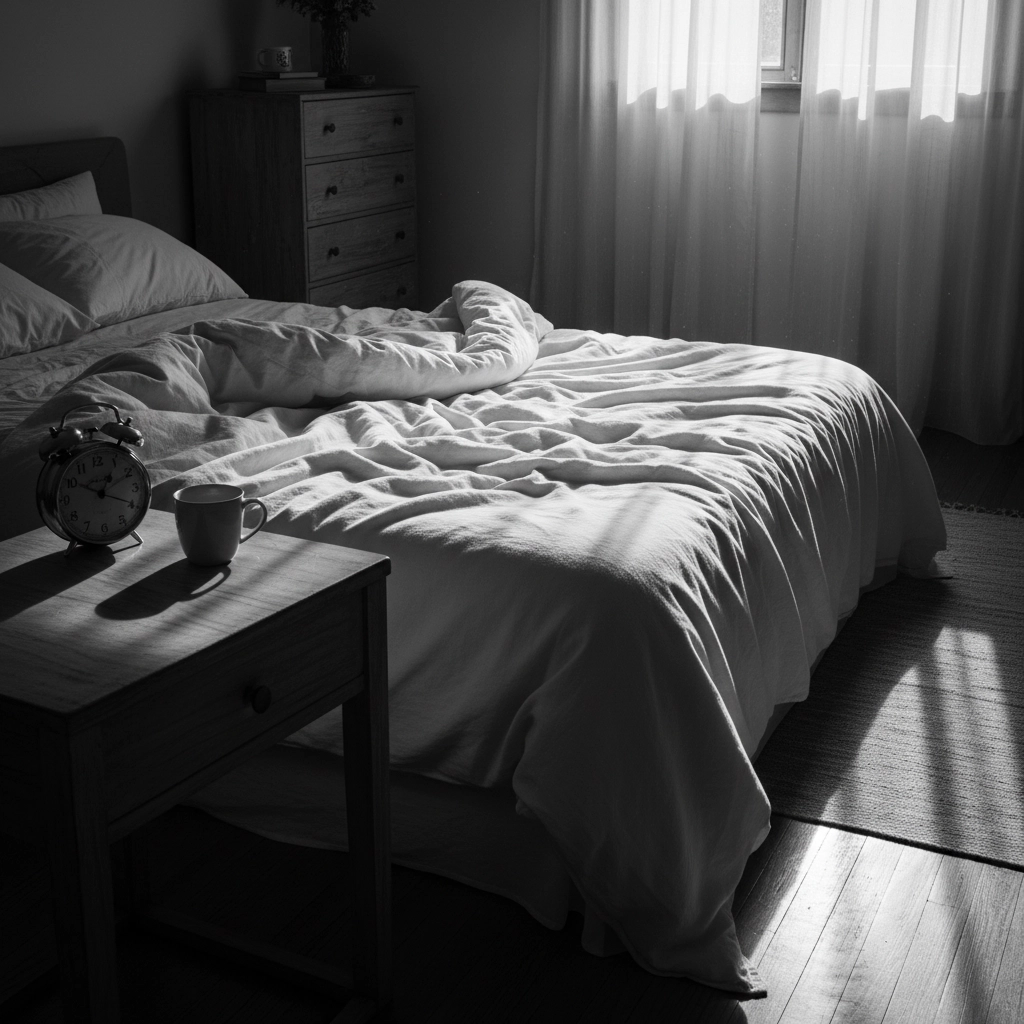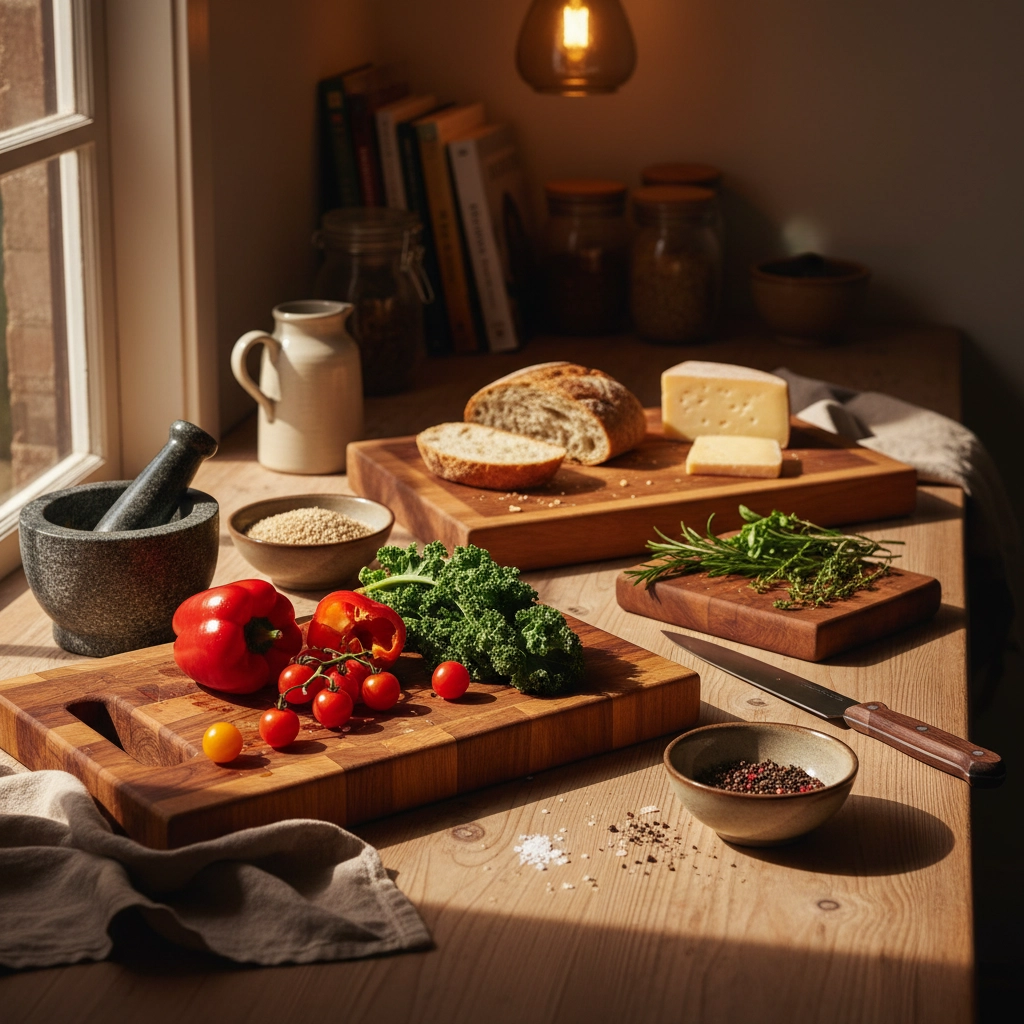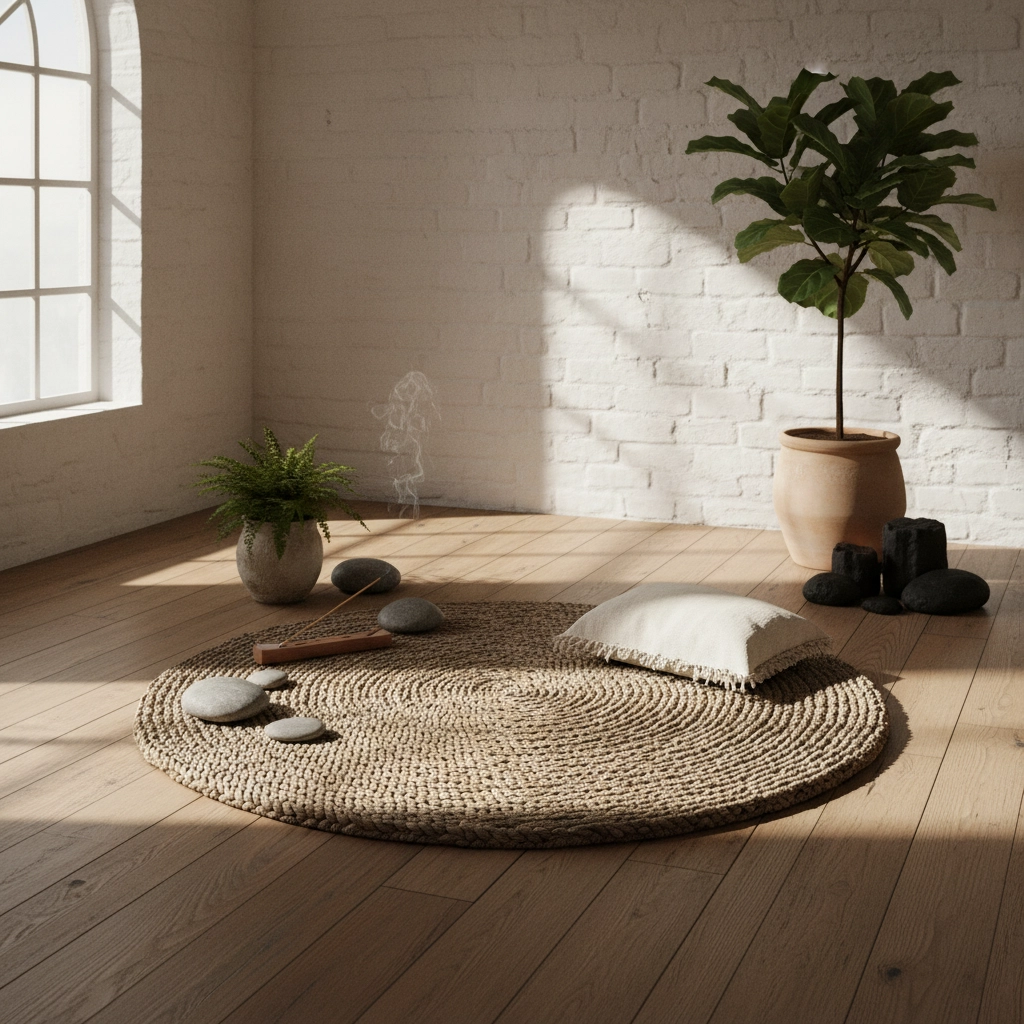In our fast-paced world where notifications ping constantly and our attention gets pulled in a dozen directions, there's something deeply comforting about the predictability of routine. Whether it's that first sip of coffee each morning or the way you arrange your workspace, these small, consistent actions create a foundation that helps us navigate life's chaos with greater ease and confidence.
Think about it: when was the last time you felt completely scattered and overwhelmed? Chances are, it was during a period when your normal routines were disrupted. Maybe you were traveling, dealing with a major life change, or simply trying to juggle too many things at once. That unsettled feeling isn't just in your head: there's real science behind why routines are so crucial for our mental and physical well-being.
The Psychology Behind Why Routines Work
Our brains are wired to seek patterns and predictability. When we establish consistent daily routines, we're essentially giving our minds a roadmap to follow, which reduces the mental energy required for basic decisions and creates space for more important thinking.

This concept, known as decision fatigue, explains why some of the most successful people wear similar outfits every day or eat the same breakfast. It's not because they lack creativity: it's because they understand that every small decision we make throughout the day depletes our mental resources. By automating routine choices, we preserve our cognitive energy for the decisions that truly matter.
Routines also serve as psychological anchors during uncertain times. When life throws curveballs: whether it's a stressful work project, a family emergency, or global upheaval: having established routines provides a sense of stability and control. These familiar patterns become safe harbors we can return to when everything else feels chaotic.
The Mental Health Connection
Research consistently shows that people with structured daily routines experience lower levels of anxiety and depression. There's something deeply reassuring about knowing what comes next, especially during challenging periods. Routines create a framework that supports mental health by providing:
Reduced Stress and Uncertainty: When you know what to expect from your day, your stress response system can relax. Instead of being in constant "fight or flight" mode, your nervous system can settle into a more balanced state.
Improved Mood Regulation: Regular sleep schedules, consistent meal times, and predictable daily rhythms help regulate the hormones that affect our mood. This biological stability translates into greater emotional resilience.
Enhanced Sense of Accomplishment: Even simple routine activities like making your bed or preparing your morning coffee can provide small wins that boost confidence and motivation throughout the day.
Building Your Perfect Morning Routine
Morning routines deserve special attention because they set the tone for everything that follows. The way you begin each day creates momentum that either supports or undermines your goals and intentions.

A well-crafted morning routine doesn't need to be elaborate or time-consuming. In fact, the most sustainable routines are often the simplest ones. Consider incorporating these elements:
A Consistent Wake-Up Time: Your body's internal clock thrives on consistency. Even on weekends, try to wake up within an hour of your weekday schedule.
Mindful Morning Moments: Instead of immediately reaching for your phone, take a few minutes to center yourself. This might involve deep breathing, stretching, or simply appreciating the quiet before the day begins.
A Ritual You Enjoy: This is where your daily coffee routine can become particularly meaningful. The process of grinding beans, the aroma of fresh coffee, the first satisfying sip: these sensory experiences create a bridge between sleep and wakefulness. Our 6 Bean Blend is especially popular for morning routines because its smooth, balanced flavor provides that perfect daily constant without being overwhelming.
The Power of Evening Wind-Down
While morning routines get most of the attention, evening routines are equally important for maintaining life balance. A consistent wind-down routine signals to your body and mind that it's time to transition from the day's activities to rest and recovery.

Effective evening routines often include activities like reviewing the day, preparing for tomorrow, reading, or engaging in gentle self-care practices. The key is consistency: your body will begin to associate these activities with sleep preparation, making it easier to unwind and achieve quality rest.
Routines for Different Life Seasons
One of the beauties of routine-building is that it's adaptable. Your routines don't need to be rigid or unchanging. In fact, the best routines evolve as your life circumstances change.
Student Life: Academic schedules naturally provide some structure, but creating personal routines around study sessions, meals, and downtime can improve focus and reduce academic stress.
Working Professionals: Balancing work demands with personal well-being requires intentional routine-building. This might involve scheduled breaks, consistent lunch times, or transition rituals between work and home life.
Parents and Caregivers: When caring for others, your routines become anchors not just for you but for your family. Children especially thrive on predictability, and consistent family routines can reduce household stress while creating positive memories.
Life Transitions: During periods of change: new jobs, relationships, moves, or major life events: maintaining some routine elements provides stability while you navigate uncertainty.
The Physical Benefits of Structure
Beyond the psychological advantages, consistent routines support physical health in measurable ways. Regular sleep schedules help optimize your circadian rhythm, leading to better sleep quality, improved immune function, and more stable energy levels throughout the day.

Meal timing also plays a crucial role in physical well-being. When you eat at consistent times, your digestive system can anticipate and prepare for food, leading to better nutrient absorption and more stable blood sugar levels. This is why many people find that having their coffee at the same time each morning helps regulate their appetite and energy throughout the day.
Making Routines Stick
The secret to successful routine-building isn't perfection: it's consistency over time. Start small and focus on one or two habits before adding more complexity. Here are some practical strategies:
Stack New Habits: Attach new routine elements to existing ones. For example, if you already brush your teeth every morning, you might add a two-minute meditation right after.
Prepare the Environment: Make your routines as easy as possible by preparing in advance. Set out your clothes the night before, prep your coffee maker, or keep your workout gear visible.
Be Flexible with the Details: While consistency is important, rigidity can backfire. If your usual morning routine gets disrupted, don't abandon it entirely: adapt and continue with whatever elements are possible.
Track Without Judgment: Notice patterns without being harsh on yourself. The goal is progress, not perfection.
Finding Your Unique Rhythm
The most important aspect of routine-building is finding what works for your unique lifestyle, personality, and circumstances. What energizes one person might drain another. Some people thrive with detailed, scheduled routines, while others prefer looser structures with consistent anchor points.

The key is experimentation and self-awareness. Pay attention to when you feel most energized, focused, and calm. Notice which activities genuinely support your well-being versus those you think you "should" be doing. Your routines should feel sustainable and even enjoyable, not like another burden on your to-do list.
Remember, the goal of establishing routines isn't to eliminate spontaneity or creativity from your life. Instead, it's about creating a stable foundation that frees up mental and emotional energy for the things that truly matter to you. When the basics of daily life are handled by habit, you have more capacity for meaningful work, relationships, and experiences.
Whether it's the comforting ritual of your morning coffee, the satisfaction of a consistent workout schedule, or the peace of mind that comes from an organized evening routine, these structured elements of daily life serve as the scaffolding that supports everything else. In a world that often feels unpredictable and overwhelming, the simple act of creating and maintaining personal routines becomes a powerful form of self-care and a pathway to staying grounded and focused on what matters most.




